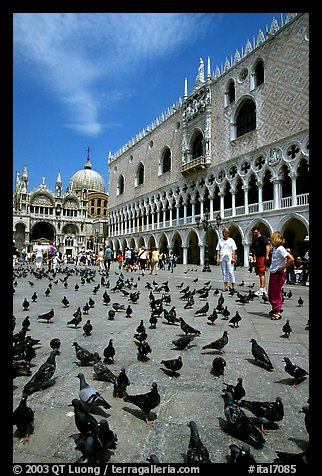

This book tries to play the rule of "both sides" and let's all come together and sing kumbaya while never naming that it is consistently the political right who votes against social services which actually help ALL people. Correct me if I'm wrong but it seems this man wrote an entire book about community while NOT ONCE naming white supremacy. Wonderful ideas and some really interesting points but I do not trust ANY book which talks about race and sociology without talking about white privilege and white supremacy.


I didn't think that I could dislike a book as much as I dislike THIS book, but yes, I really disliked this book. Our social infrastructure could be the key to bridging our seemingly unbridgeable divides-and safeguarding democracy. Richly reported, elegantly written, and ultimately uplifting, Palaces for the People urges us to acknowledge the crucial role these spaces play in civic life. Klinenberg takes us around the globe-from a floating school in Bangladesh to an arts incubator in Chicago, from a soccer pitch in Queens to an evangelical church in Houston-to show how social infrastructure is helping to solve some of our most pressing challenges: isolation, crime, education, addiction, political polarization, and even climate change. Klinenberg calls this the "social infrastructure" When it is strong, neighborhoods flourish when it is neglected, as it has been in recent years, families and individuals must fend for themselves. These are places where people gather and linger, making friends across group lines and strengthening the entire community. He believes that the future of democratic societies rests not simply on shared values but on shared spaces: the libraries, childcare centers, bookstores, churches, synagogues, and parks where crucial, sometimes life-saving connections, are formed. In Palaces for the People, Eric Klinenberg suggests a way forward. Pundits and politicians are calling for us to come together, to find common purpose. Americans are sorting themselves along racial, religious, and cultural lines, leading to a level of polarization that the country hasn't seen since the Civil War. We are living in a time of deep divisions. An eminent sociologist and bestselling author offers an inspiring blueprint for rebuilding our fractured society.


 0 kommentar(er)
0 kommentar(er)
